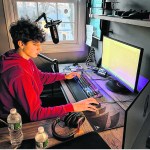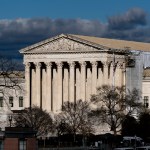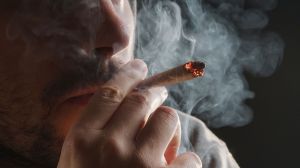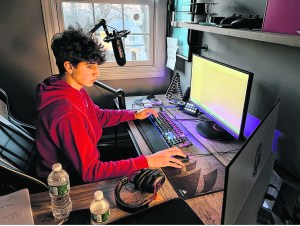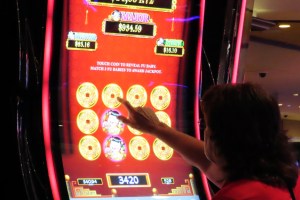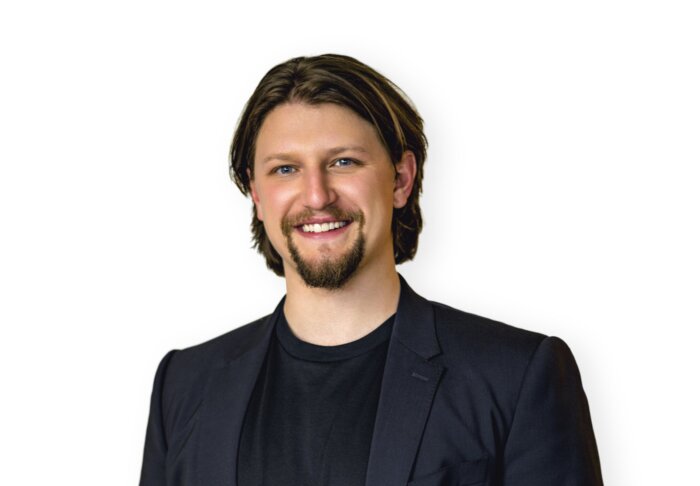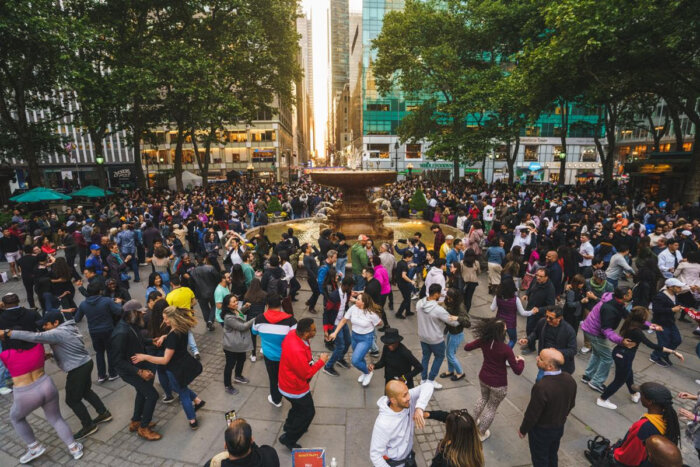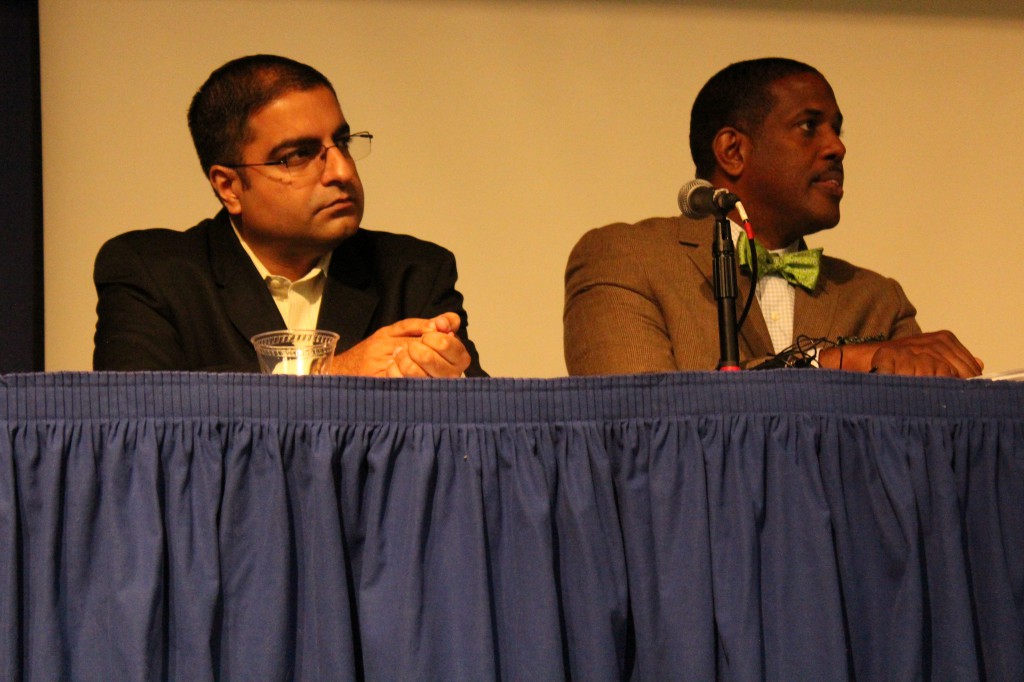
The sweeping surveillance of local Muslims is un-American, unconstitutional and spawns an atmosphere of mistrust, undermining the efforts of law enforcement conducting clandestine investigations of Muslim Americans in the New York metropolitan area.
These criticisms of the New York Police Department’s surveillance of Muslim Americans from New York City to Long Island were made by New York State Sen. Kevin Parker (D-Brooklyn) and Dr. Hussein Rashid, a professor of religion at Hofstra University during the college’s 11th annual “Day of Dialogue” event Wednesday.
Parker and Rashid, speaking to dozens of students, were critical of the NYPD’s once closely guarded covert initiative to gather information on the local Muslim community, including in Nassau and Suffolk counties, which was exposed in a Pulitzer Prize winning series by the Associated Press, both saying that such surveillance of American citizens does more harm than good.
Parker chided the NYPD for “treating one of the world’s great religions as if it’s a criminal enterprise,” adding, “all Muslims are not terrorist and all terrorists are not Muslims.”
The Brooklyn senator, who represents one of the largest Pakistani communities in the city, noted he was “deeply troubled…but not surprised,” when he first read about the NYPD’s surveillance of Muslims, which created a Yellow Pages-like “Demographics Report” of communities replete with descriptions of Muslim restaurants, religious institutions, smoke shops and other “locations of concerns.”
Parker, also a critic of NYPD’s stop-and-frisk policy, sponsored a bill earlier this year that would establish an independent inspector general to oversee the country’s largest police department.
Rashid, who offered his own stories of racial profiling since the Sept. 11, 2001 attacks, specifically a visit to Toy’s ‘R’ Us in Times Square in which a man called his then-3-year-old daughter a “fucking terrorist,” said law enforcement is creating an element of “security theater” that has become so common it is “ritualized.”
Speaking to the students, he discussed the NYPD’s surveillance of Muslim Student Associations, including at Stony Brook University, and deadpanned: “We don’t know if you’re under surveillance,” adding that there may be police informants sitting in the audience.
The growing security state, he said, has created a sense of fear among students, some so distraught that they no longer take part in religious activities.
“This has a real lasting impact on the individual level,” he added.
The Associated Press also reported in August that the NYPD designated at least a dozen mosques in the city and opened “terrorism enterprise investigations” into those houses of worship.
The American Civil Liberties Union filed a lawsuit against the city this summer, challenging the police department’s surveillance activities, calling it an “unwarranted badge of suspicion and stigma on law-abiding Muslim New Yorkers.” The police department’s surveillance of Mosques and worshipers has reportedly never led to one lead or sparked a formal investigation.
But supporters of such practices say it is necessary to protect Americans from extremists. Some called for added surveillance of mosques following the Boston Marathon bombing, in which three spectators were killed, and dozens more injured.
And just last week, a 25-year-old Brentwood man was arrested by federal agents for allegedly trying to join al Qaeda in the Arabian Peninsula, though an investigation only started after he was picked up in London en-route to Yemen.
















